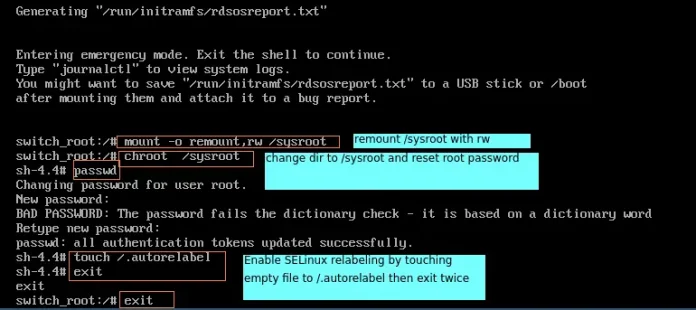The toString() method of LocalTime class is used to represents this time as a String, such as 20:15:34.111.
Following ISO-8601 formats are used for representation:
- HH:mm
- HH:mm:ss
- HH:mm:ss.SSS
- HH:mm:ss.SSSSSS
- HH:mm:ss.SSSSSSSSS
This method is derived from the Object Class and behaves in a similar way.
Syntax:
public String toString()
Parameters: This method accepts no parameter.
Return value: This method returns a String representation of this LocalTime.
Below programs illustrate the toString() method:
Program 1:
// Java program to demonstrate// LocalTime.toString() method import java.time.*; public class GFG { public static void main(String[] args) { // create a LocalTime object LocalTime time = LocalTime.parse("19:34:50.63"); // print LocalTime System.out.println("LocalTime : " + time.toString()); }} |
LocalTime : 19:34:50.630
Program 2:
// Java program to demonstrate// LocalTime.toString() method import java.time.*; public class GFG { public static void main(String[] args) { // create a LocalTime object LocalTime time = LocalTime.parse("01:00:01"); // print LocalTime System.out.println("Old LocalTime: " + time.toString()); // add 600 Minutes using plusMinutes() LocalTime value = time.plusMinutes(600); // print result System.out.println("New LocalTime: " + value.toString()); }} |
Old LocalTime: 01:00:01 New LocalTime: 11:00:01
References: https://docs.oracle.com/javase/10/docs/api/java/time/LocalTime.html#toString()




